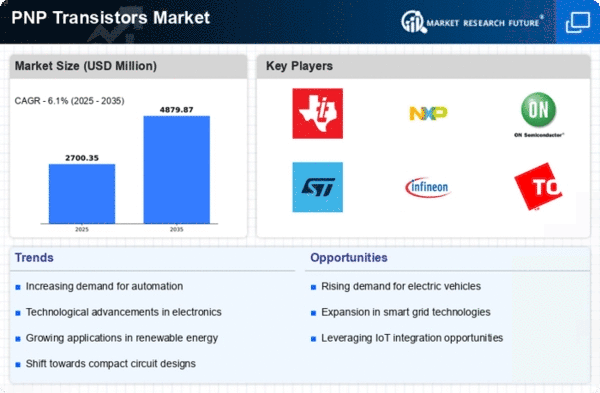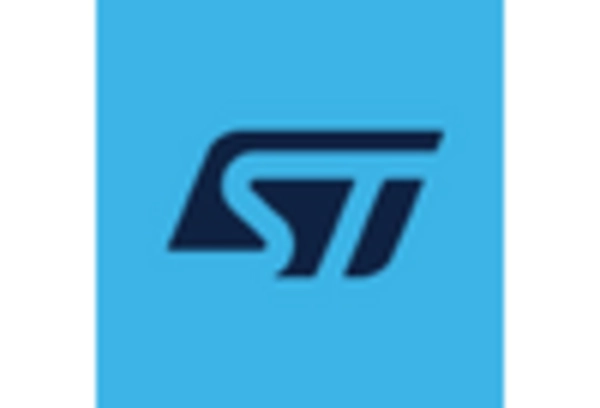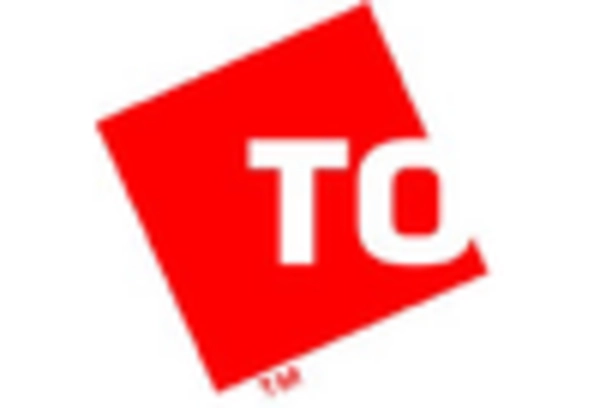Market Analysis
In-depth Analysis of PNP Transistors Market Industry Landscape
The PNP (Positive-Negative-Positive) transistors market is subject to a dynamic interplay of various factors that collectively shape its market dynamics. Technological advancements stand out as a primary driving force. As electronic devices continue to evolve, the demand for PNP transistors—integral components in signal amplification and switching—experiences a corresponding surge. This technological progression not only fuels market growth but also prompts manufacturers to innovate, producing smaller, more efficient, and powerful PNP transistors to meet the ever-evolving demands of diverse applications.
Economic conditions on a global scale significantly influence the market dynamics of PNP transistors. Currency exchange rates, inflation rates, and overall economic stability impact the pricing and availability of raw materials, thereby affecting manufacturing costs. Economic downturns can lead to reduced consumer spending and a subsequent decline in demand for electronic devices, affecting the market adversely. Conversely, periods of economic growth and increased consumer spending tend to stimulate the PNP transistors market as the demand for electronic products rises.
Government regulations and policies play a crucial role in shaping the market dynamics of PNP transistors. Environmental regulations, safety standards, and trade policies impact manufacturing processes, material choices, and market entry barriers for manufacturers. Compliance with international standards becomes imperative for market players to ensure the acceptance and sale of their PNP transistors in different regions. Additionally, government initiatives and investments in research and development can drive innovation in the market, fostering growth and competitiveness.
Competitive forces within the industry contribute significantly to the market dynamics of PNP transistors. Manufacturers employ various strategies, such as mergers, acquisitions, collaborations, and partnerships, to enhance their market position and expand their product portfolios. The competitive landscape is also influenced by technological collaborations and partnerships with end-users, facilitating the development of application-specific PNP transistors catering to diverse industries, including telecommunications, automotive, and consumer electronics.
End-user preferences and industry trends play a crucial role in shaping the market dynamics of PNP transistors. As consumers increasingly seek smaller, more energy-efficient electronic devices with enhanced performance, the demand for advanced PNP transistors rises. The growing popularity of electric vehicles, smart home devices, and 5G technology further propels the demand for PNP transistors with specific characteristics such as high power efficiency and low heat generation.
Supply chain dynamics are integral to the market dynamics of PNP transistors, influencing manufacturing lead times, product availability, and pricing. Given the global nature of the semiconductor industry, disruptions in the supply chain, such as natural disasters, geopolitical tensions, or pandemics, can have profound effects on the market. Establishing resilient and diversified supply chains becomes imperative to mitigate risks and ensure a stable PNP transistors market.















Leave a Comment